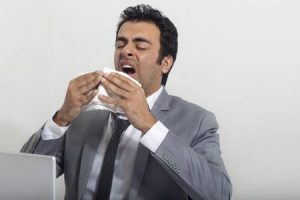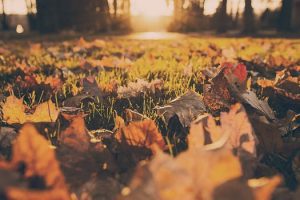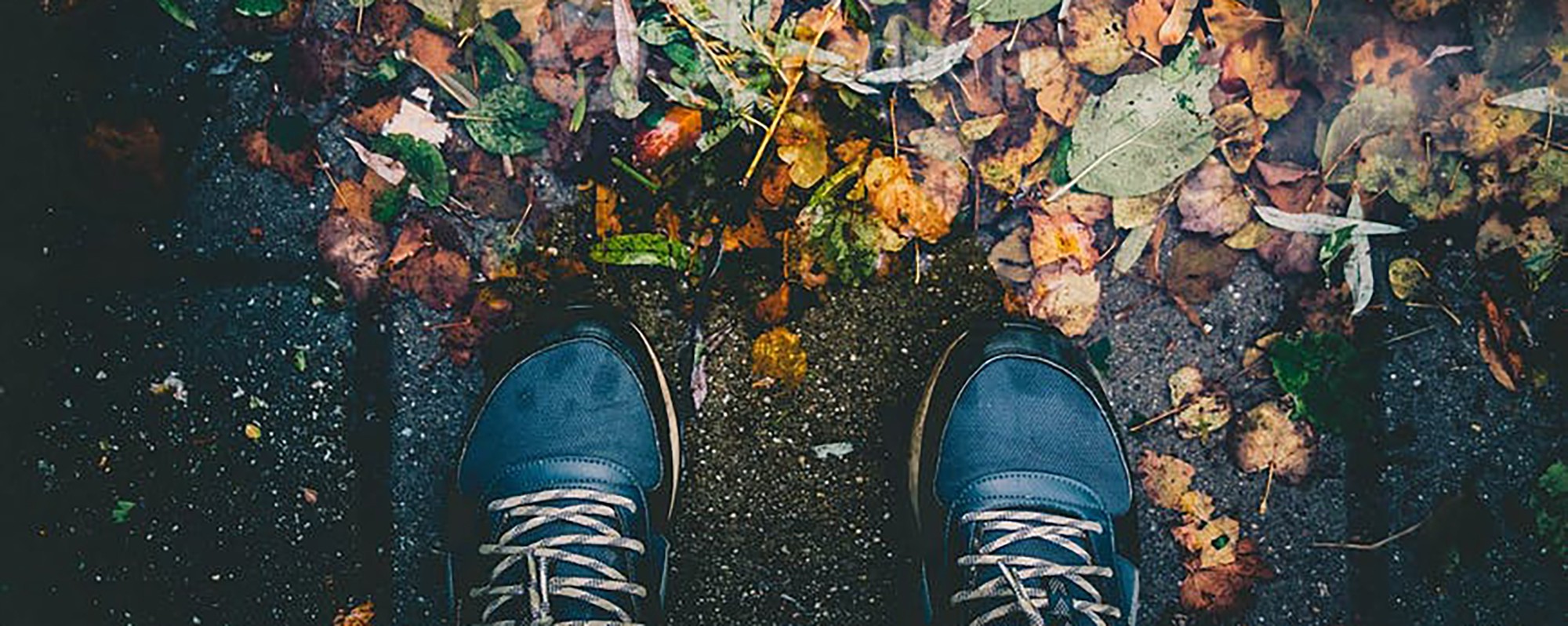Outdoor Mold Thrives During Fall Months in New Jersey
 If you have recurring seasonal, fall allergies, there is a good chance you could be allergic to outdoor mold spores. Mold can be found year round in a variety of places, indoors and out. While one may experience these symptoms during any season, the fall can be especially difficult for those who are sensitive to mold.
If you have recurring seasonal, fall allergies, there is a good chance you could be allergic to outdoor mold spores. Mold can be found year round in a variety of places, indoors and out. While one may experience these symptoms during any season, the fall can be especially difficult for those who are sensitive to mold.
Individuals who have sensitivity to mold spores in the air can experience troubles breathing such as nasal congestion, coughing, and wheezing, as well as irritation to the throat, eyes, and skin. These spores form in the springtime, but are able to survive until the beginning of winter. Mold spores can be released when the weather is dry and windy, or in times of high humidity.
When it has been raining a lot, as it has been recently in South Jersey, this excess moisture can lead to the growth of minuscule mold spores. The spores attach themselves to fallen leaves, grass and even those decorative bales of hay in your front yard. Raking leaves or mowing your lawn can stir pollen and mold spores. These spores are then released into the air where they are inhaled. While some people are not so sensitive to the presence of these mold spores, they can be quite a nuisance for those who are.
How Can I Reduce the Effect of Outdoor Mold on Fall Allergies?
The ideal technique for someone who is allergic to outdoor mold during these fall months would be to simply stay indoors. However, this method is unrealistic for most of society. Don’t let this discourage you, there are still many other steps you can take to reduce exposure to these outdoor mold spores.
- Many professionals recommend to carry a dust mask with you when you know you will be in an area with an excessive amount of pollen and mold spores in the air. Areas such as farms, construction sites, and antique shops are places that could cause your allergies to flare up. Those brisk, windy days also cause these spores to circulate more than usual. The mask will prevent you from inhaling mold spores that can irritate your allergies.
- Outdoor chores don’t just vanish when the weather begins to get colder. When you need to rake leaves or mow your lawn, make sure that you utilize the aforementioned mask to protect yourself from inhaling mold spores. When you are finished with these outdoor activities, you must ensure that you take a shower and wash your clothes. If you usually hang your clothes outside to dry, you may want to switch to a drying machine to prevent mold spores from attaching to your clean clothes. These mold spores can attach themselves to your hair, skin, and clothing, causing further irritation.
Could Mold In My New Jersey Home Be Causing My Fall Allergies?
Elevated indoor mold presence can be a major contributor to fall allergies. While mold spores are present everywhere around us, some areas of your NJ home might be more susceptible to mold growth than others if NJ homeowners are not careful. Mold prevention can be quick and simple, if you know to do it.
- It is important to regularly assess the most common areas for indoor mold growth. Should you experience allergy symptoms in your home, one of these areas could be the root of the issue. If you believe that your home may have some mold growth indoors, don’t hesitate to contact a mold removal specialist.
- If you feel as though these mold spores are following you into your home from outside, there are ways for you to make your home an environment that is less susceptible to mold. You may have a dehumidifier lying around somewhere, this is the perfect way to reduce indoor humidity and mold growth. The humidity in your home should be no higher than 60%, but ideally you would want to keep it as low as 35%.
- Kitchen mold and bathroom mold are also common issues in New Jersey homes. You should try to keep mold and moisture friendly areas such as the kitchen or bathroom as sanitary as possible. The cleaner the surface, the less organic material available to feed mold growth.
Potential Health Risks With Mold Inhalation
 Research has shown evidence of a link between mold inhalation and respiratory problems. For people who are not especially sensitive to mold, this may present itself as coughing and wheezing during times of excess mold in the air. Asthma sufferers may notice their asthma is flaring up more than usual around these times. Because fall is known for this spike in mold spore circulation, this time of year can be especially troubling for people who are susceptible to immune-mediated conditions. Conditions such as hypersensitivity pneumonitis are caused by hypersensitivity in the lungs when organic dusts or molds are inhaled. The fall season can be exponentially more difficult for people who may be prone to this condition.
Research has shown evidence of a link between mold inhalation and respiratory problems. For people who are not especially sensitive to mold, this may present itself as coughing and wheezing during times of excess mold in the air. Asthma sufferers may notice their asthma is flaring up more than usual around these times. Because fall is known for this spike in mold spore circulation, this time of year can be especially troubling for people who are susceptible to immune-mediated conditions. Conditions such as hypersensitivity pneumonitis are caused by hypersensitivity in the lungs when organic dusts or molds are inhaled. The fall season can be exponentially more difficult for people who may be prone to this condition.
Whether your mold sensitivity is mild or more severe, everyone should be aware of potential health risks. Inhaling mold spores is not safe for anyone. The tips listed above should improve any sensitivity or discomfort due to the presence of outdoor mold spores. This will help you get through these next few months!




